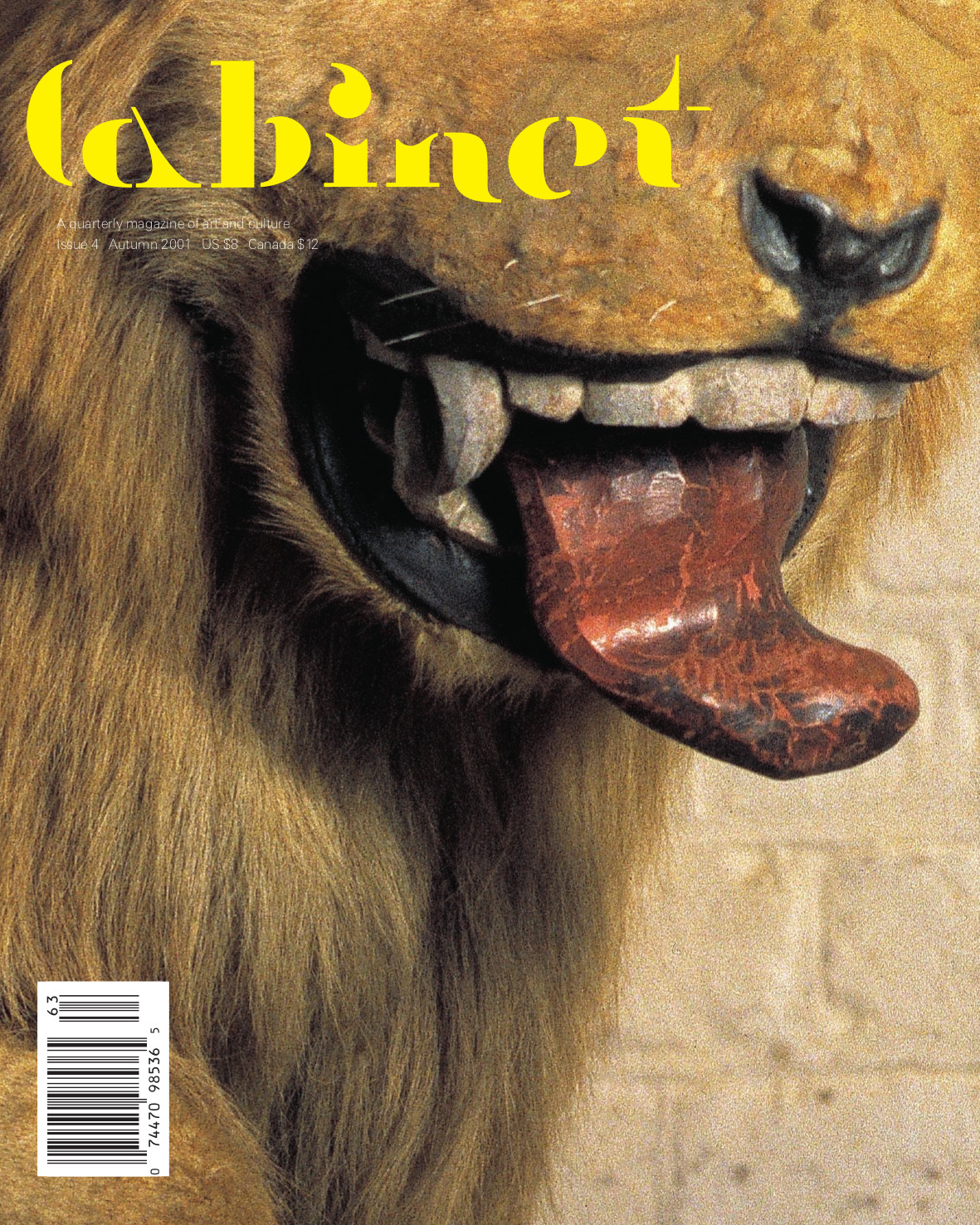Eugene Thacker: In the Dust of This Planet (2011)
Filed under book | Tags: · black metal, demonology, horror, magic, mysticism, occultism, occultural studies, philosophy, supernatural, theology, witchcraft

The world is increasingly unthinkable, a world of planetary disasters, emerging pandemics, and the looming threat of extinction. In this book Eugene Thacker suggests that we look to the genre of horror as offering a way of thinking about the unthinkable world. To confront this idea is to confront the limit of our ability to understand the world in which we live – a central motif of the horror genre.
In the Dust of This Planet explores these relationships between philosophy and horror. In Thacker’s hands, philosophy is not academic logic-chopping; instead, it is the thought of the limit of all thought, especially as it dovetails into occultism, demonology, and mysticism. Likewise, Thacker takes horror to mean something beyond the focus on gore and scare tactics, but as the under-appreciated genre of supernatural horror in fiction, film, comics, and music. This relationship between philosophy and horror does not mean the philosophy of horror, if anything, it means the reverse, the horror of philosophy: those moments when philosophical thinking enigmatically confronts the horizon of its own existence. For Thacker, the genre of supernatural horror is the key site in which this paradoxical thought of the unthinkable takes place.
Publisher Zero Books, Winchester, UK / Washington, USA, 2011
Horror of Philosophy vol. 1
ISBN 184694676X, 9781846946769
179 pages
author (Occultural studies blog at Metamute.org)
PDF (EPUB; updated on 2012-7-25)
Comment (0)Lynn Thorndike: A History of Magic and Experimental Science, Vols. 1-2 (1923)
Filed under book | Tags: · experiment, history, history of science, magic, occultism, science

Lynn Thorndike’s History of Magic and Experimental Science, in 8 volumes, is the premier reference work for the history of magic in the West. The first 2 volumes cover late antiquity through the 13th century. These are strong volumes, copiously researched and well-indexed, and a major source for work on the period.
The aim of the complette set is to treat the history of magic and experimental science and their relations to Christian thought down to the Seventeenth Century. The first two volumes deal with the first thirteen centuries of our era, with special emphasis upon the 12th and 13th centuries. Magic is understood under the broadest sense of the work, as including all occult arts and sciences, superstitions and folklore. The author believes that magic and experimental science have been connected in their development, and within these pages will attempt to prove the same.
Publisher Columbia University Press, 1923
ISBN 0231087942, 9780231087940 (Vol 1); 0231087950, 9780231087957 (Vol 2)
888 pages (Vol 1), 1054 pages (Vol 2)
PDF, More formats (Vol 1)
PDF, More formats (Vol 2)
Cabinet (2000–)
Filed under magazine | Tags: · animal, art, chance, culture, design, dust, electricity, evil, friendship, history, language, literature, magic, mapping, nature, property, science, underground, weather


“Cabinet is a quarterly, Brooklyn, New York-based, non-profit art & culture periodical launched in 2000. Cabinet also operates an event and exhibition space in Brooklyn.
Cabinet is an award-winning quarterly magazine of art and culture that confounds expectations of what is typically meant by the words “art,” “culture,” and sometimes even “magazine.” Like the 17th-century cabinet of curiosities to which its name alludes, Cabinet is as interested in the margins of culture as its center. Presenting wide-ranging, multi-disciplinary content in each issue through the varied formats of regular columns, essays, interviews, and special artist projects, Cabinet‘s hybrid sensibility merges the popular appeal of an arts periodical, the visually engaging style of a design magazine, and the in-depth exploration of a scholarly journal. Playful and serious, exuberant and committed, Cabinet‘s omnivorous appetite for understanding the world makes each of its issues a valuable sourcebook of ideas for a wide range of readers, from artists and designers to scientists and historians. In an age of increasing specialization, Cabinet looks to previous models of the well-rounded thinker to forge a new type of magazine for the intellectually curious reader of the future.”
Cabinet is a non-profit organization. Consider supporting it by subscribing to the magazine, buying a limited edition artwork, or making a tax-deductible donation.
HTML (sold-out issues as HTML articles; click on the covers; updated on 2013-10-10; the download links were removed)
Comments (6)
